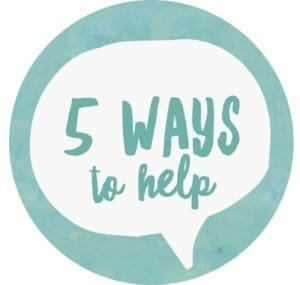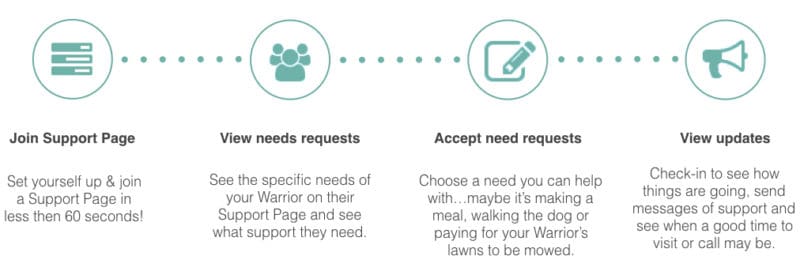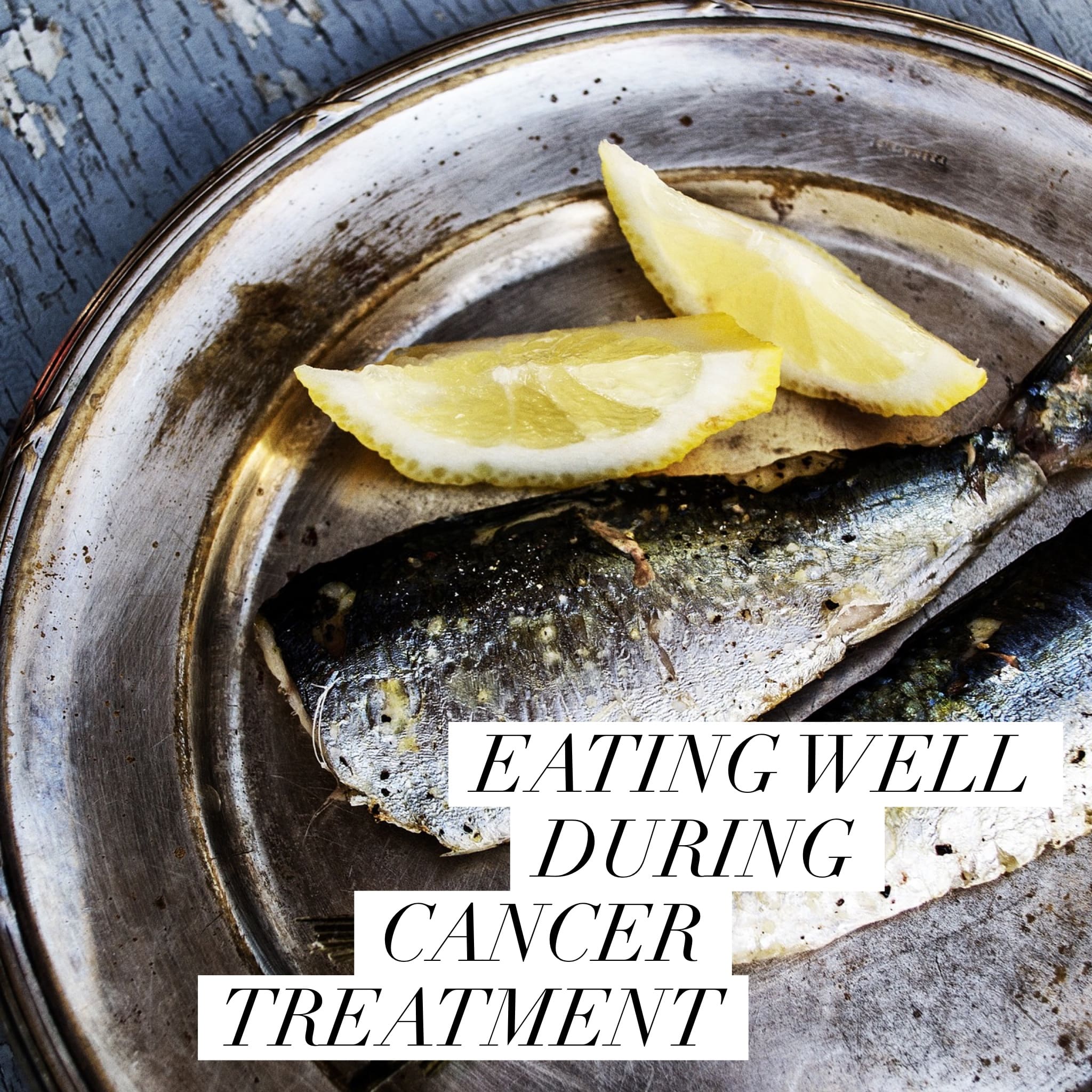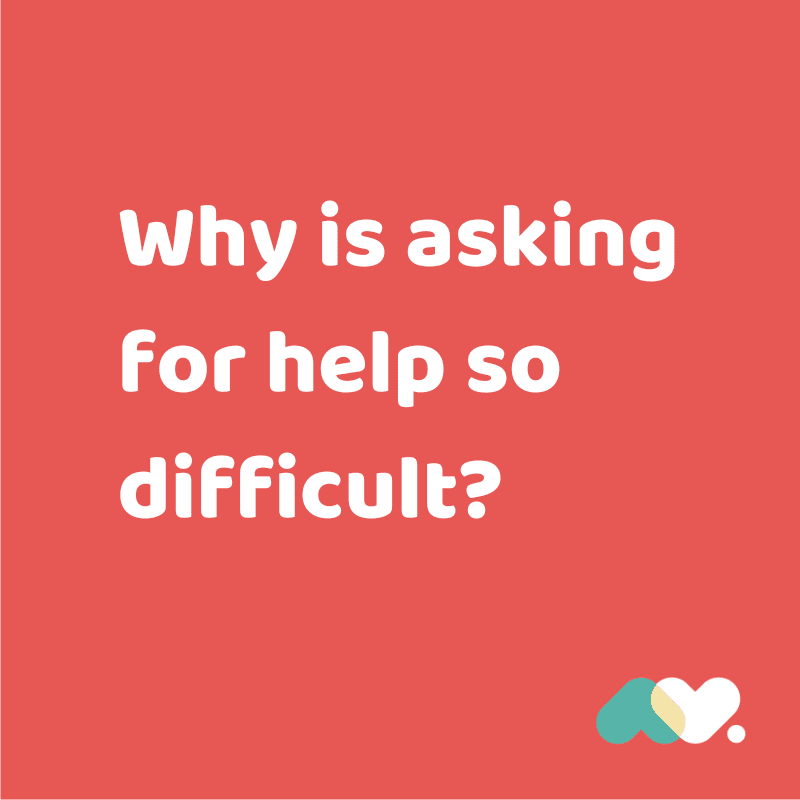
Five ways to help a friend without waiting to be asked.
The problem with “Let me know what I can do to help”
Written by Kara Dorset, our great friend and copywriter extraordinaire. Kara is an incredible Mum of two gorgeous girls and speaks from her own experience. Thank you Kara, this will help so many people who are part of a support network.
Most of us say it, and when we do, we genuinely mean it: “Let me know what I can do to help”. When a friend’s having a hard time it’s natural to offer support. But there’s a big problem with our go-to phrase. Asking for help isn’t easy. So instead of taking some of the weight off your friend, you’re giving them the responsibility to start the action. They’re left trying to match their needs with what they think they can ask from you. It quickly becomes too hard and doesn’t happen. Support Crew began after co-founder Kelly’s experience as her partner’s Support Chief* through his cancer treatment.
Kelly says “many people genuinely offered to help, but at the time I wasn’t sure what we needed. Then I struggled to go back to them and ask for help later so battled through trying to do it all’.

Next time you feel yourself about to say “Let me know what I can do to help” try “I’m here for you”. Then show your friend you’ve got their back with these five ways you can help without waiting to be asked:
1. Be there. Stay there.
Big life events can fracture all sense of normality and really change the dynamics of relationships. If your friendship is built on banter and looking for the bright side of life – it can feel hard to know what to say when things suddenly take a serious turn. But don’t get stuck in the trap of worrying about saying the wrong thing so much that you say nothing at all. If you’re lost for the right words – say so. Check in. Listen. Take a note of important dates along their journey, and set reminders to send your friend a message to let them know they’re in your thoughts. Your friend won’t remember the exact words of every conversation, and there’ll be lots of times when they can’t see you or take your call. But the feeling of knowing they’ve got your support, just by staying in touch, will make a difference.
![]()
2. Ease their communication burden.

The Warrior* and Support Chief* often have to deal with a surge of communication – keeping friends and family updated can feel like an extra burden on top of a schedule of appointments and dealing with a stressful situation. We still think you should stay in touch, but let them know they don’t need to worry about replying to your texts. Offer to be a point of contact if you share a circle of friends. They could send one message to you, then you send and field messages within a set group. This can help when there are different levels of information they want to share with different groups such as colleagues, school friends, close friends, extended family. Offer to update their Support Page, requesting help or updating information. The big thing to remember here is to respect your friend’s confidentiality. If you are taking on a communication role, it pays to ask out right “Is this how you would like me to share this?”.
![]()
3. Nourish.
Food is the often the first go to when we want to help, with good reason. It’s easy to let nutrition slip when you’re spending long hours in hospital, at appointments, or not easily mobile. Traditionally it was trays of lasagne or tins of baking that were the front line from your support crew. These ‘make & take’ options are still great, but there are other ways to show your support through food – check out our nourish page for recipes, shop & drop ideas, and meal delivery inspo to help inspire you. It really does make a difference.
Auckland Mum Megan Bedford wrote about the experience her young family went through when her son Riley was being treated for cancer in a personal and real blog http://www.rockyandruby.com/meet-megan-a-mum-who-has/. Practical support through food drops from her friends was a massive help. A friend who lived locally, Gemma, dropped her a delicious wrapped sandwich at the hospital ward’s reception, and another friend, Amber, who lives in LA arranged for a grocery drop to be delivered the first night they came home from hospital. After going through so much, these gestures of support really helped Megan and her family – her advice if you want to support a friend “Don’t ask what you can do – just do something”. If your friend has kids, what about dropping off some school lunch supplies? Or if one of the kids are sick could you offer to look after the child/children while the parents go out for a meal? Even if you are not confident in the kitchen there are many ways you can show your support with food.
![]()
4. Have a fresh topic ready.
Be ready to listen. But if your friend is all talked out and wants something to lighten the mood, you should come ready with a fresh topic. Have a laugh – preferably at your own expense. Share some trashy celeb goss. Bring them some mags. Found a good series on Netflix? Give them the low down. Talk about the new track Lorde played at Coachella.
Anything that will help your friend take the focus off their health issue and reconnect with the outside world – sometimes it can feel you are on a different orbit.
![]()
5. Offer something you’d like to give.
A book we love, called “There is no good card for this”, by Kelsey Crowe, Ph.D. and Emily McDowell has advice for ways to be a solid supporter. They suggest turning the usual instinct for giving on its head – flipping the question from ‘what do they need’ to ‘what can I give?’. Offering something specific, and following through with your offer, is infinitely more valuable than an open ended offer of help. Because “doing something we naturally like to do means we’re more likely to do it” – what Crowe and McDowell call the empathy sweet spot. A specific offer – such as to mow their lawns, have the kids for a play or run some errands takes the burden of asking for help from your friend. Emphasise why it’s not too much trouble for you, whether it’s on your way, you’d enjoy some time outside or your kids would love the company. If your offer is turned down, don’t be offended, and don’t hesitate to offer again.
![]()
Support Crew is about supporting the people that are important to you and taking control of the situation for them. Sometimes we have to just help a friend without being asked. I hope this inspires you because the need for support is never too big or small.
What is Support Crew?
Support Crew is a website that allows those dealing with a life changing event to easily co-ordinate the meals and support they need from their friends, family, colleagues, neighbours and the community.

* Support Chief is a term we use for the carer or chief support person in a life event.
* Warrior is the person who is going through the illness




